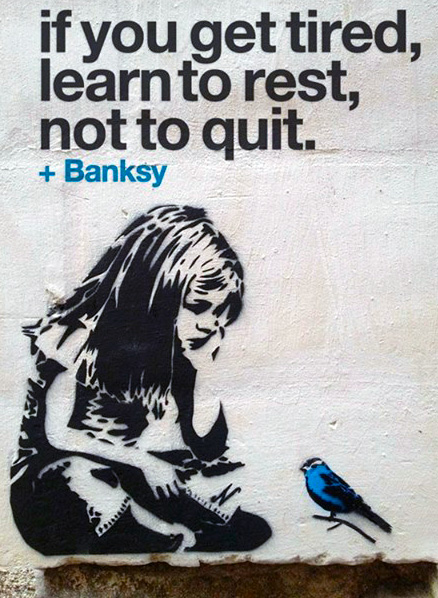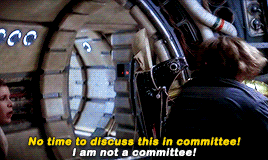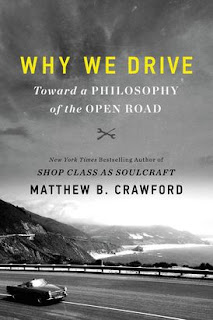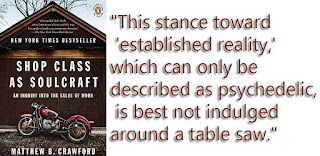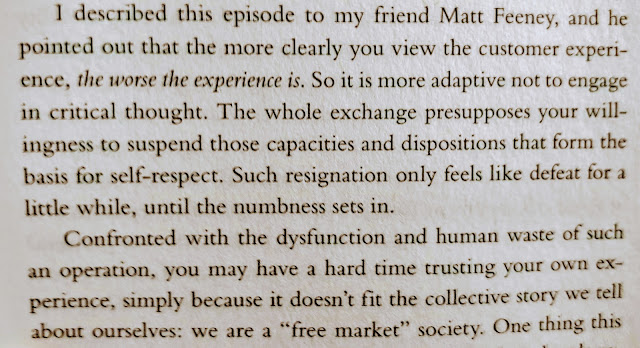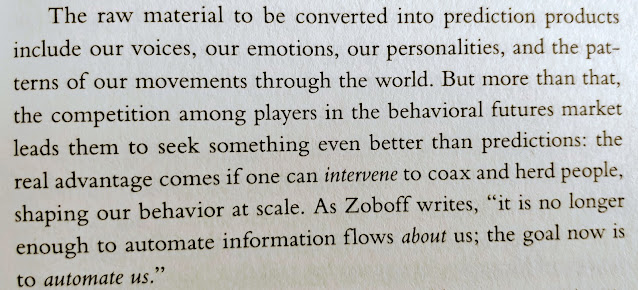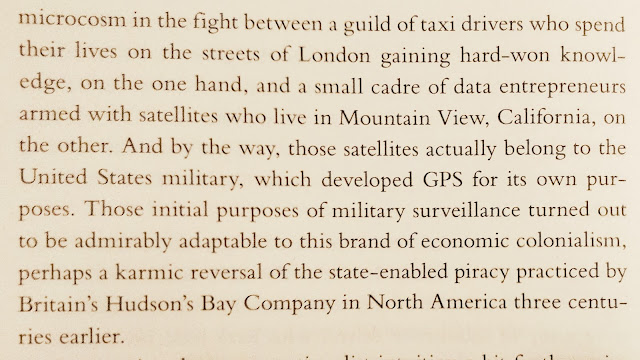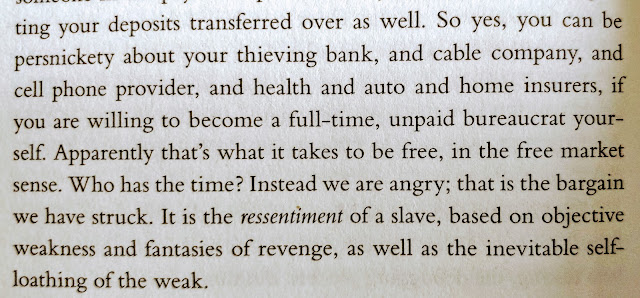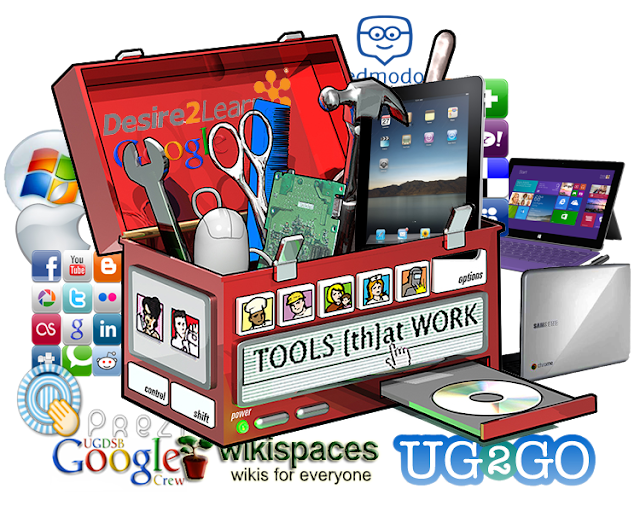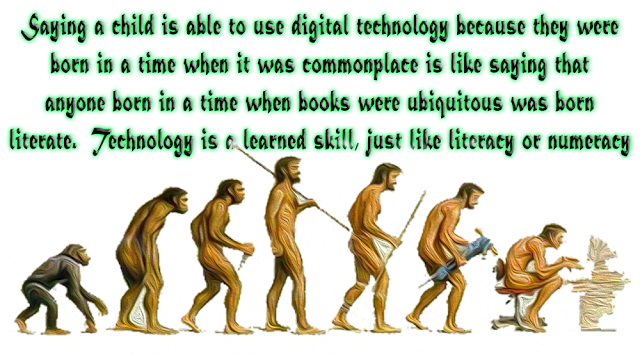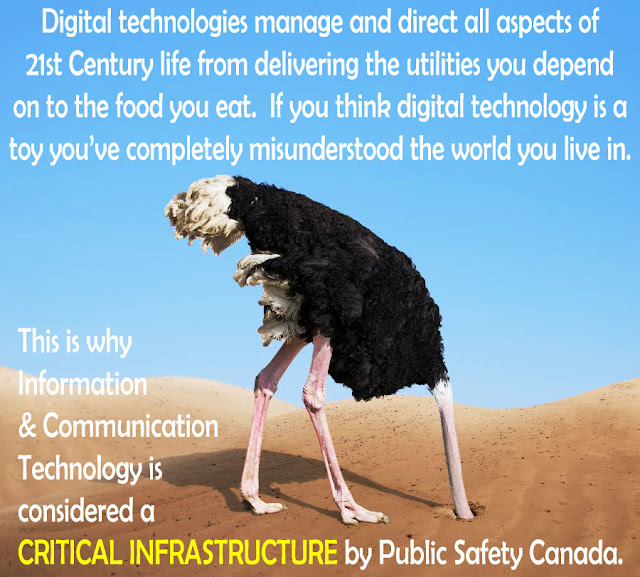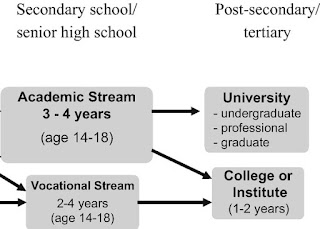My son works hard at school and just got his grade 10 honour roll in the mail. At the same time we got his first quadmester of pandemic learning report card and we were all shocked to see a precipitous drop in grades that means he won’t be on next year’s honour roll. Unlike previous years where the school made a point of acknowledging his individual education plan and supported him by ‘encouraging’ teachers to follow the medical recommendations on it, this year any support provided had to be snuck in because all support has been officially cancelled due to COVID19. Classroom teachers can have double cohorts of 20 students coming off busses with 35+ students on them every day, but all supports are cancelled because we don’t want to spread the virus. Keeping up with the demands of SAFETY when they are so arbitrary and ineffective is exhausting and frustrating.
As a parent of a child with an IEP I’m concerned that our double digit drop in grades is a system wide situation affecting hundreds of thousands of students with special learning needs across the province. Talking to parents of students with special needs, this seems to be what is happening everywhere. Kid’s with special needs are getting ground down by this rushed and cruel schedule.
The pandemic schedule slapped together by school boards is different all over the province as the Minister and Ministry of Education failed to demonstrate any leadership in planning a centralized response to this emergency. The result is a cobbled together mess that makes a mockery of educational expectations in (what was once) one of the highest ranked public education systems in the world.
I’ve worked in Ontario’s public education system for sixteen years and while the system has been far from perfect it has always made attempts to follow data driven, responsible pedagogy. The other night I attended an online meeting of Ontario Education Workers United who are trying to stop stacked simultaneous face to face and online classes. It was jarring to hear them talk about pedagogical best practices because it has been so long since I’ve seen any. I’ve always been led to believe that we follow the research in order to produce the best possible educational outcomes for the widest variety of students. Those days focused on best practices are far behind us. I’m still trying to work out how we were on strike last year trying to protect student learning, but this year a virus gives us an excuse to throw it all in the toilet. I really don’t know what any of the players in public education (unions, school board, ministries, colleges of teachers, etc) that I pay for actually stand for as 2020 closes. It certainly isn’t equity and support for students with special needs.

What I do see in public education, especially in the past two years, is a government intent on dismantling it for private, for-profit interests. Meanwhile, as the funding dries up, educational management (which you can only join with a raft of post-graduate degrees) operates on their usual bias of protecting the students most like themselves. This is upsetting both as a parent and a teacher. When money is thin those special needs are just an expensive and expendable bother. This is starting to feel like an unwinnable battle as the parents of special needs kids have to stand up against a biased system and a political party that seems determined to hurt them.
COVID has only intensified this inequitable situation. This slapped together, high-speed schedule that fakes an appropriate amount of instructional time (we’re at 52.5 hours of face to face instruction down from 110 hours) has no room for students with special needs. I’d love to see the live data we’ve already got for quadmester one but no one will want to show it because it won’t be flattering. We only follow the data when it suits us these days. The credit completion rates of fully remote elearning will pile on top of the grade drops and failures with face to face students to paint a damning picture of this ‘new normal’, but no one wants to work from that kind of data.
I sympathize with teachers struggling to retain some form of academic integrity when the system itself has made a mockery of it. Ontario curriculums are designed to be 110 hours long. Teachers are desperately trying to meet those requirements while being given a fraction of the time needed. We’re doing 52.5 hours of in-class instruction in multiple cohorts so students are in either face to face in the morning or the afternoon. This is done to keep group sizes under 20, which is wise during a pandemic, though when they stream off buses with up to 40 students on them (while f2f spec-ed support is cancelled) you have to wonder where the random lines are being drawn, and why.

More confusing are the instructions around the online half of the school day students are ‘supposed’ to be doing at home. That remote work is where we’re supposed to make up the other half of lost course time, but we’ve been told we can’t assess anything done remotely and students and/or parents can opt out of it entirely while still earning a credit. Most teachers seem to have responded to this by marking in a way that is specifically damaging to students with special learning needs, all in the name of academic integrity.
An argument might be made that if the same qualified teacher is running their own remote cohorts then a degree of online instructional effectiveness might be achieved, but I’ve yet to have a teacher qualified to teach my subject as remote support and I’m currently remote supporting a class I’m not qualified or experienced in. My make-work job there is reduced to helping students find links and make things work online, if they bother to show up, which a third of the class (the third with IEPs) aren’t doing anyway. We could have limited class sizes to single cohorts for classes with only one qualified teacher in the building, or even connected remote teachers between schools for specialized classes, but none of that happened because qualified teachers and even instructional time doesn’t matter anymore.
 |
| You can find this right on the Ministry webpage, but it isn’t true in a pandemic. The only thing your child with special needs can expect at the moment is to get run over by speeding quadmesters. Do try and keep them engaged and upbeat during a marathon health emergency though because you can’t expect their schools to be doing it. |
Many IEPs will state that a student needs extra time in order to see success in their class, and board administration is expected to adhere to supports for these special needs. Our own experience getting run over by a rushed quadmester with little or no communication and sudden drops in marks without explanation, support or even an option for extra time is the result of teachers clinging to academic integrity when no one else is, from the Minister on down. It’s a war parents of kids with special needs can’t win because it seems as if the entire education system has come out in favour of punishing students with IEPs.
 |
| Special education is a human rights issue, but you can bet the lawyers are all over the health & safety not withstanding piece in there right now, though they’re strangely quiet about 40 kids on a bus. Discarding spec-ed supports is a top down decision done by a government with a history of special-needs abuse |
At a time when everyone is under exceptional stress and trying to deal with a seemingly never ending health crisis you’d think the education system would focus on equity and support for those students most in need, but the opposite has happened. Service providers have an obligation to accomodate a person’s needs but this pandemic has unfortunately shown the true colours of both this government, the ministry it has infected and school boards who were more focused on rushing out a solution instead of looking after our most vulnerable students. Now that the new system is in place you can expect it to continue running over students with special needs which now includes an increasing number of non-IEPed students who are facing anxiety and depression as a result of the pandemic.
Expecting reason and compassion from the minister is a lost cause. I can only hope people in leadership positions elsewhere in the system take their responsibilities more seriously and start acting to support students and redirect teachers away from playing a part in this latest round of systemic inequity. We need to stop the myth that these cobbled together pandemic quadmesters have any kind of academic integrity, equity or kindness. Only then can we fix it, and fix it we must.
from Blogger https://ift.tt/3oL0BFy
via IFTTT
 Since it is so much easier to record and share data we’re tempted to structure our activities around data creation rather than being present in the genuine experience. I suspect we’ll get better at this as technology becomes less invasive and allows us to capture moments with minimal interference. The evolution from TV to analogue video to digital video is a good example of this progress. But in the early stages of this evolution we’re still awkwardly focusing on data collection rather than genuine experience. Selfies at the Tour de France this year are an example. If you watch any live event where people are focused on recording rather than experiencing the moment you’ll know this is endemic. From the World Cup to the Olympics, the focus on data collection gets in the way of being there. This creates some interesting changes in experiential value. You now need to share the experience live rather than relating it after the fact. Being there is less important than your recording of being there. Every experience is one step removed.
Since it is so much easier to record and share data we’re tempted to structure our activities around data creation rather than being present in the genuine experience. I suspect we’ll get better at this as technology becomes less invasive and allows us to capture moments with minimal interference. The evolution from TV to analogue video to digital video is a good example of this progress. But in the early stages of this evolution we’re still awkwardly focusing on data collection rather than genuine experience. Selfies at the Tour de France this year are an example. If you watch any live event where people are focused on recording rather than experiencing the moment you’ll know this is endemic. From the World Cup to the Olympics, the focus on data collection gets in the way of being there. This creates some interesting changes in experiential value. You now need to share the experience live rather than relating it after the fact. Being there is less important than your recording of being there. Every experience is one step removed. the point of the exercise then the data you’re producing is a reflection of the data collection process more than it is a meaningful analysis of whatever it is you think you’re assessing.

